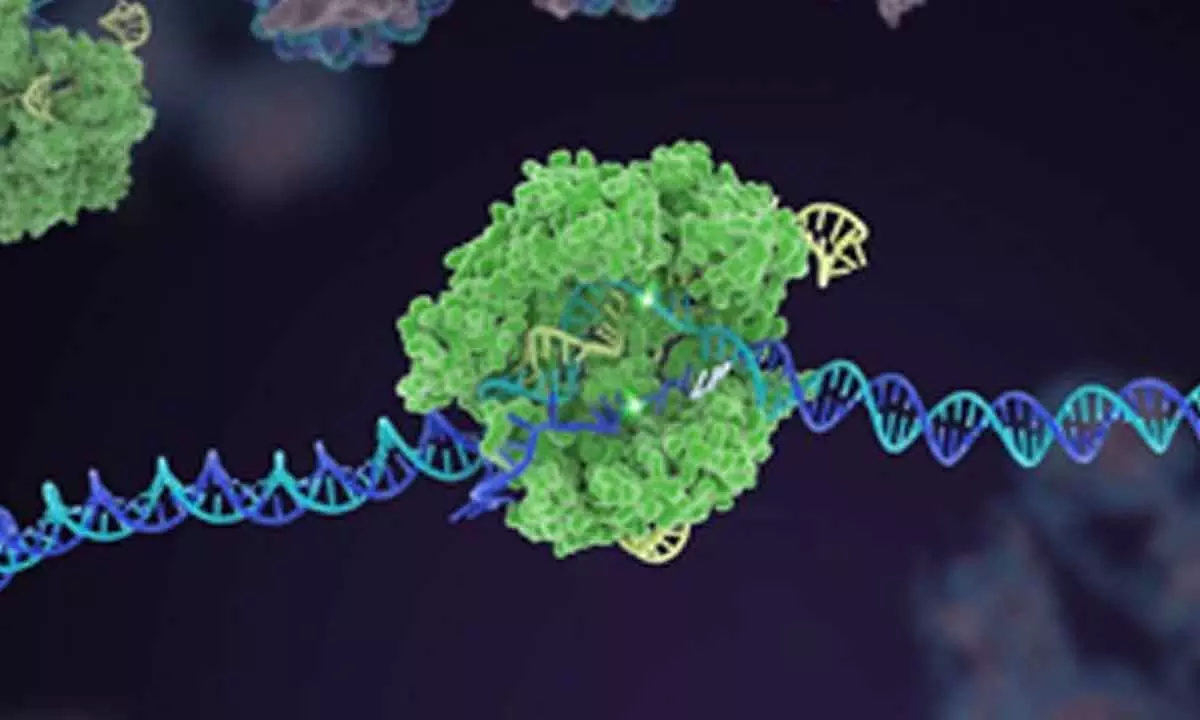Can CRISPR-Cas gene editing tech fight antimicrobial resistance?
Share :

CRISPR-Cas, the Nobel Prize-winning gene-editing technology, has the potential to target resistance genes and make bacteria sensitive to first-line antibiotics again, according to a study.
CRISPR-Cas, the Nobel Prize-winning gene-editing technology, has the potential to target resistance genes and make bacteria sensitive to first-line antibiotics again, according to a study.
CRISPR-Cas, which functions like molecular "scissors", allows for precise alterations to the genomes of living organisms. This revolutionary technique, which brought its inventors, Jennifer Doudna and Emmanuelle Charpentier, the Nobel Prize in Chemistry in 2020, can cut the DNA at designated spots -- deleting unwanted genes or introducing new genetic material into an organism's cells, paving the way for advanced therapies.
Even as antimicrobial resistance (AMR) is continuing to increase globally, researchers from the University of Copenhagen noted that CRISPR/Cas systems can also be employed for developing antimicrobial agents. It can effectively and selectively kill target bacterial populations, they noted in the study, presented at the ongoing ESCMID Global Congress in Barcelona.
Dr Rodrigo Ibarra-Chavez, Department of Biology, University of Copenhagen, said that CRISPR-Cas systems (a bacterial immunity system) work by inducing "bacterial cell death or interfering with antibiotic resistance expression".
However, bacteria have ways to fight back as they also possess built-in anti-CRISPR systems that can repair any damage caused by CRISPR-Cas systems. Their research proposes creating guided systems against AMR genes that could treat infections and prevent the dissemination of resistance genes via mobile genetic elements (MGEs).
MGEs are parts of the bacterial genome that can move to other host cells or also transfer to another species.
Dr Ibarra-Chavez noted that repurposing MGEs and choosing the delivery mechanism involved in the antimicrobial strategy is important for reaching the target bacterium. The method removes bacteria's resistance power and makes "them vulnerable again to first-line antibiotics", the study said.
















